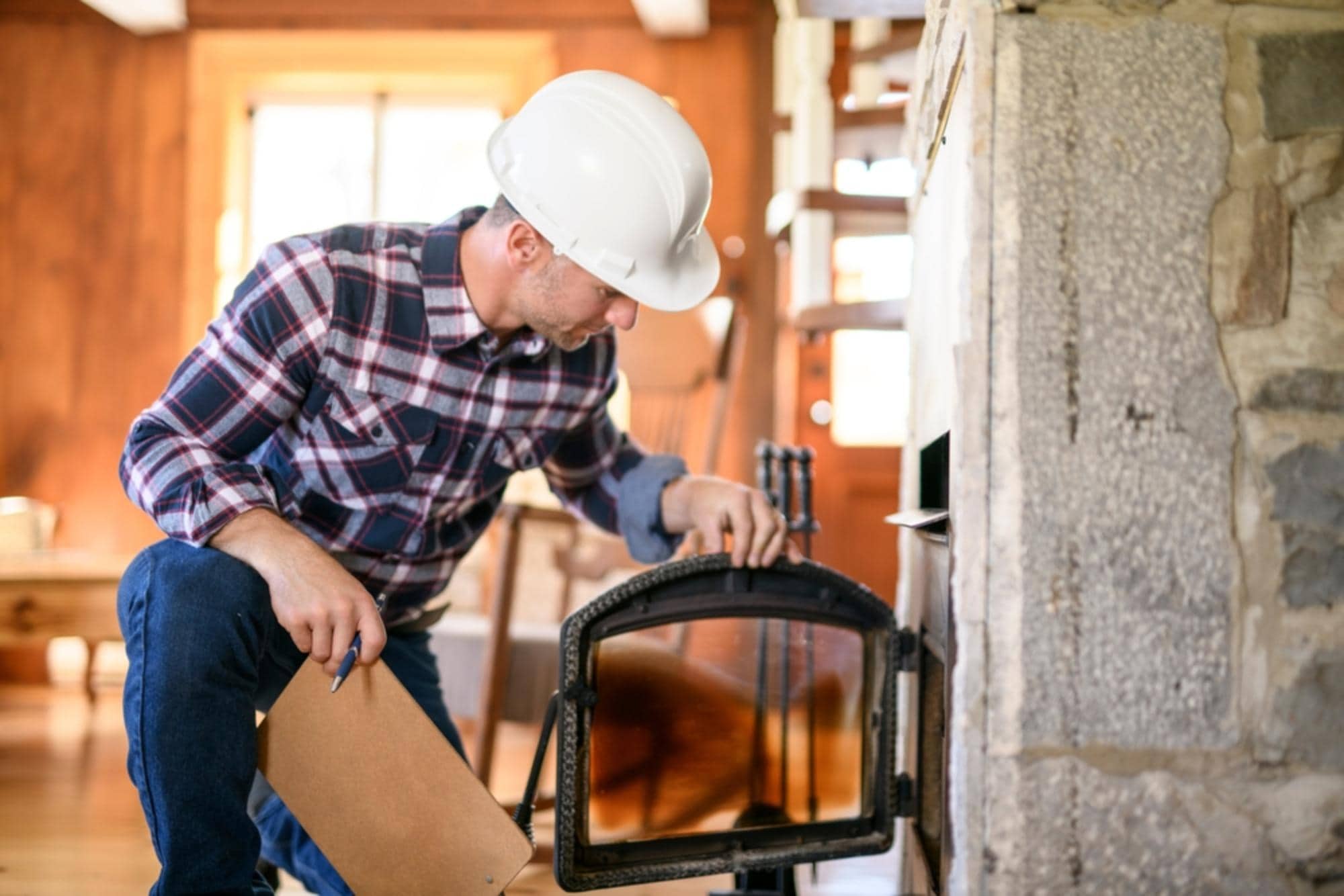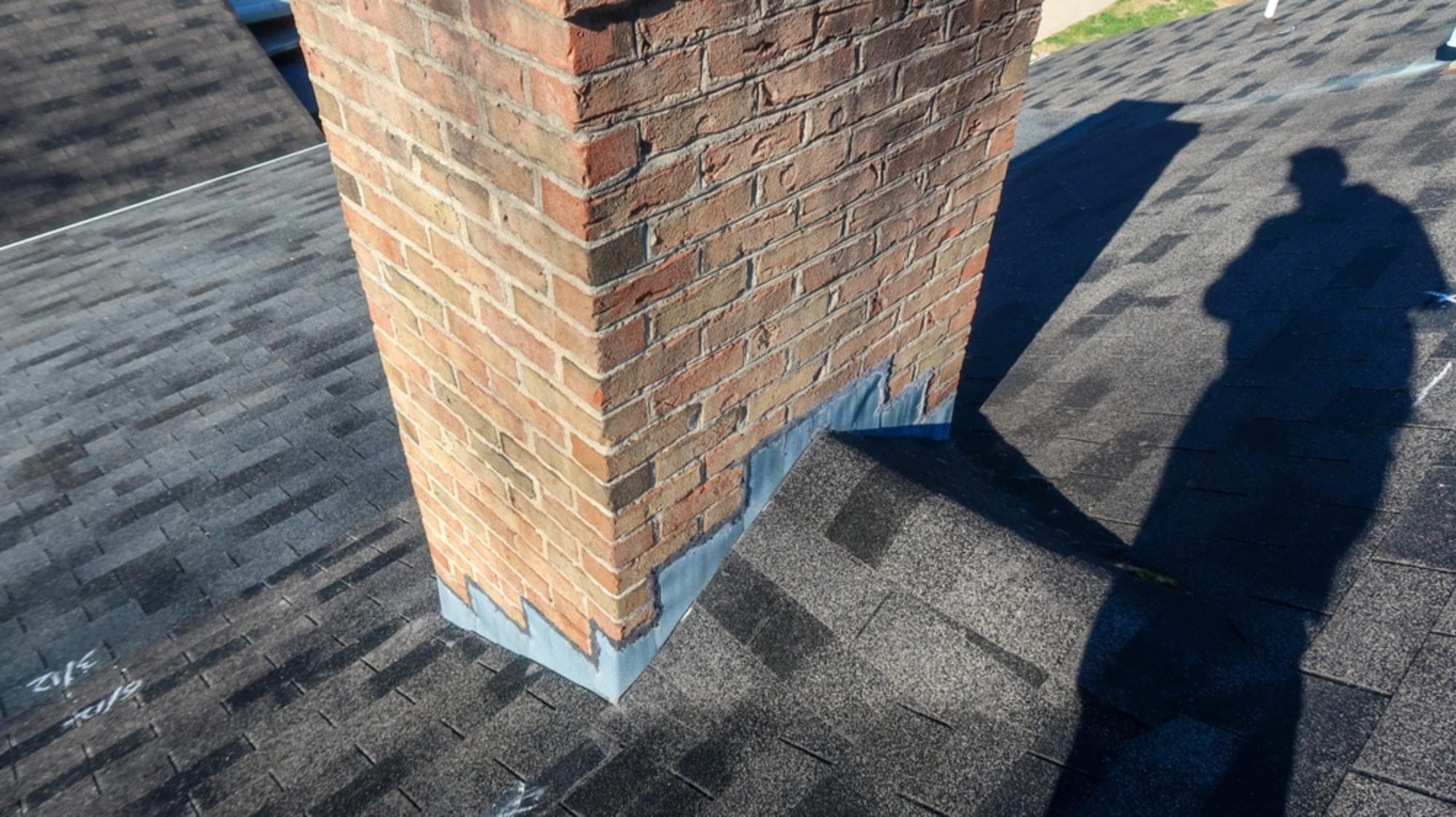Get the thorough chimney inspection Valley Falls homeowners trust when they need real answers, not guesswork.

Hear from Our Customers

You’re not just checking a box when you schedule a professional chimney inspection. You’re getting definitive answers about whether your fireplace is safe to use this winter—and every winter after.
Our certified inspectors find the hidden problems that turn into expensive repairs or dangerous situations. We examine every component of your chimney system, from the firebox to the crown, so you know exactly what’s working and what isn’t.
When we finish, you’ll have a detailed report with photos showing you exactly what we found. If your chimney is ready for the season, you’ll know it. If something needs attention, you’ll understand what, why, and when.
Above and Beyond Chimney has served Valley Falls, RI and Providence County homeowners who need chimney services they can actually depend on. We understand how Rhode Island’s brutal freeze-thaw cycles and long heating seasons affect your chimney system differently than other regions.
Our team holds the certifications that matter—NFPA 211 standards and local building code knowledge included. We’re not weekend warriors or fly-by-night contractors passing through town.
We live and work in this community. We know what Valley Falls homeowners face when winter hits and your family’s safety depends on a chimney system that actually works when you need it most.

We start by listening to any concerns you’ve noticed—strange odors, smoke backing into your room, damper problems, or anything else that’s made you wonder about your chimney’s condition.
Then we conduct a systematic examination from top to bottom. We inspect the exterior structure, examine your firebox and damper operation, and use specialized cameras to see inside your flue liner where the most serious problems typically develop unnoticed.
You receive a comprehensive report with photos documenting everything we discovered. If we find issues, we explain what they mean for your safety and your wallet. If everything checks out, you’ll have confidence that your chimney is ready for another heating season.

Ready to get started?
Valley Falls homeowners face chimney challenges that make regular professional inspections more critical than in milder climates. Rhode Island’s harsh winters mean your chimney works harder and longer than systems in most other states.
Many homeowner insurance policies require documented annual inspections—and there’s good reason for this requirement. The EPA reports that chimney fires cause 87% of building heat fires nationwide. In Providence County, where roughly one-third of households depend on heating oil and many others use natural gas systems, proper chimney maintenance isn’t optional.
Valley Falls homes, particularly those built in the 1800s and early 1900s, often feature chimney systems that require experienced professionals to identify problems before they become hazardous. We understand how to evaluate older masonry construction and how modern heating appliances interact with traditional chimney designs.
